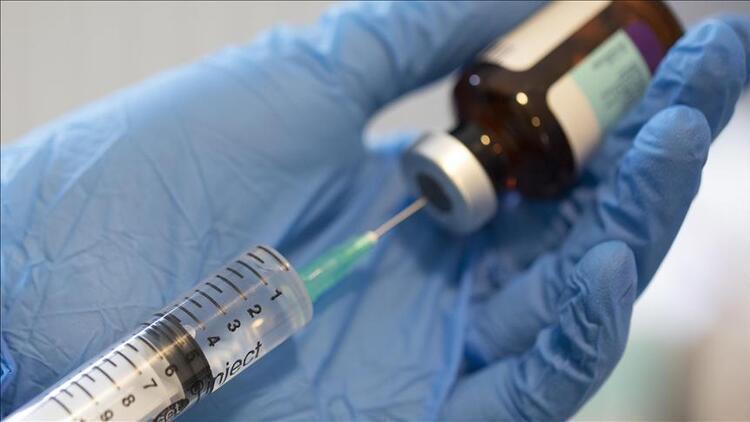
Medicines and protective medical equipment sent from Greek Cyprus to Turkish Cyprus as part of routine governmental procedures carried out within the bi-communal health committee have caused a state crisis in the north of the island.
The shipment which contains around 2,000 chloroquine pills and protective equipment sent by the Greek Cypriot authorities were passed through the Metehan (Ag. Dometios) Crossing Gate on Green Line and delivered to the Turkish Cypriot authorities on April 16.
However, Turkish Cypriot Premier Ersin Tatar, who was against accepting aid from Greek Cyprus from the beginning, said that the supplies were transferred illegally to the north by the Turkish Cypriot Presidency and the Nicosia Turkish Municipality (LTB), which facilitated the transfer late April 16.
Tatar’s office said in a written statement that the supplies would be checked, and if deemed suitable, permission would be given for their use.
The prime minister said that the issue of the “illegal” import of the supplies to Turkish Cyprus would be looked into and that the “necessary action” would be taken.
Turkish Cypriot leader Mustafa Akıncı challenged him, saying he was “waiting for action” against him over accusations by the government that he had “smuggled” medical supplies and protective equipment into Turkish Cyprus on April 17.
“We learned from this announcement that we have conducted a ‘major smuggling’ crime,” Akıncı said in a sarcastic tone.
A consensus was reached to send medicines and protective equipment to Turkish Cyprus after a telephone conversation between Turkish Cypriot leader Mustafa Akıncı and Greek Cypriot leader Nikos Anastasiades last week.
Tatar, who made a statement following the announcement of the consensus on April 13, said that if medicines were needed, they would be requested from Turkey.
“It was never a good idea to ask for medical aid from the Greek Cypriot side. We don’t need such a thing,” he had noted.
Yasemin Öztürk, a lawmaker from the ruling National Unity Party (UBP) in Turkish Cyprus, also reacted to the agreement between the Cypriot leaders on April 13.
“When we look at only the numbers of the news in which [Turkish Cyprus] Presidency served to show our Greek Cypriot neighbor sympathetic, we can clearly say that this is nothing but charity,” she had said.
Akıncı reacted very harshly on April 14, saying, “It is unbelievable that even at such a time, some people can accumulate such grudge and animosity in their hearts,” he had said, referring the some members and the lawmakers of the ruling UBP.
“Even if I leave the unfair attacks on me aside, it is a great injustice and a shame to our specialists and healthcare professionals. The coronavirus outbreak is a common enemy that threatens all humanity. All humanity has to fight against it all together. In this struggle, there should be no place for separation, Turkish, Greek, Christian or Muslim,” Akıncı had said.
“Cooperation and solidarity are inevitable both on and within societies in our island. Moreover, international solidarity and collective attitude are extremely important. The event is humanity’s struggle for existence,” he had added.
The presidential election in Turkish Cyprus, which was initially set for April 26, was postponed by six months due to the coronavirus pandemic.
In the second round of the presidential election in Turkish Cyprus, Tatar might challenge incumbent Akıncı.